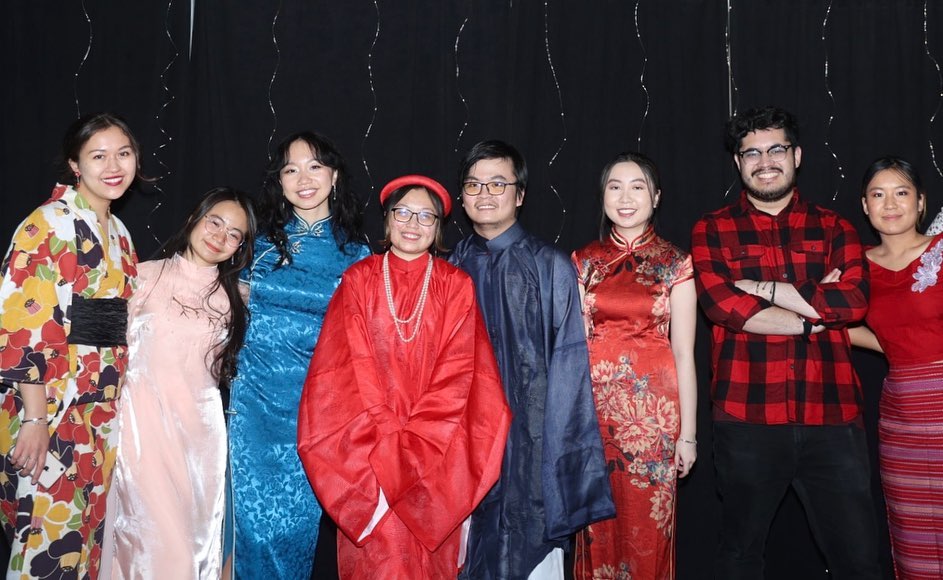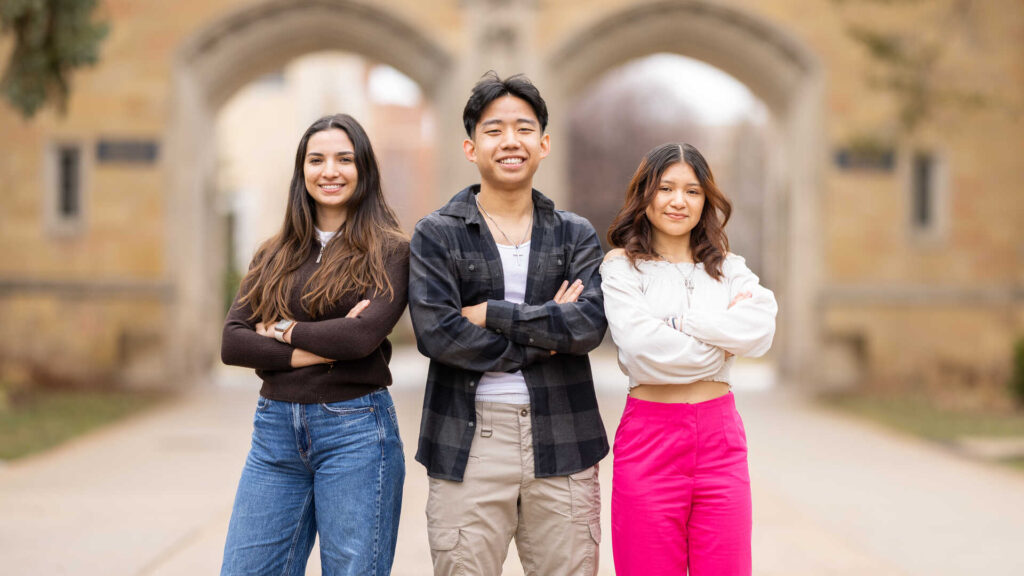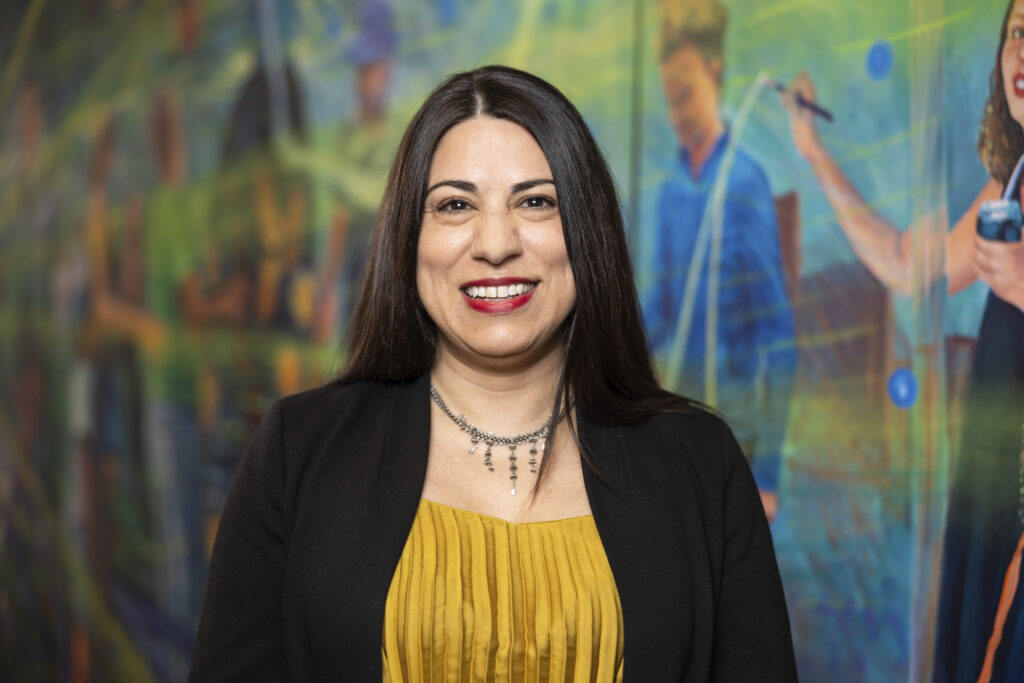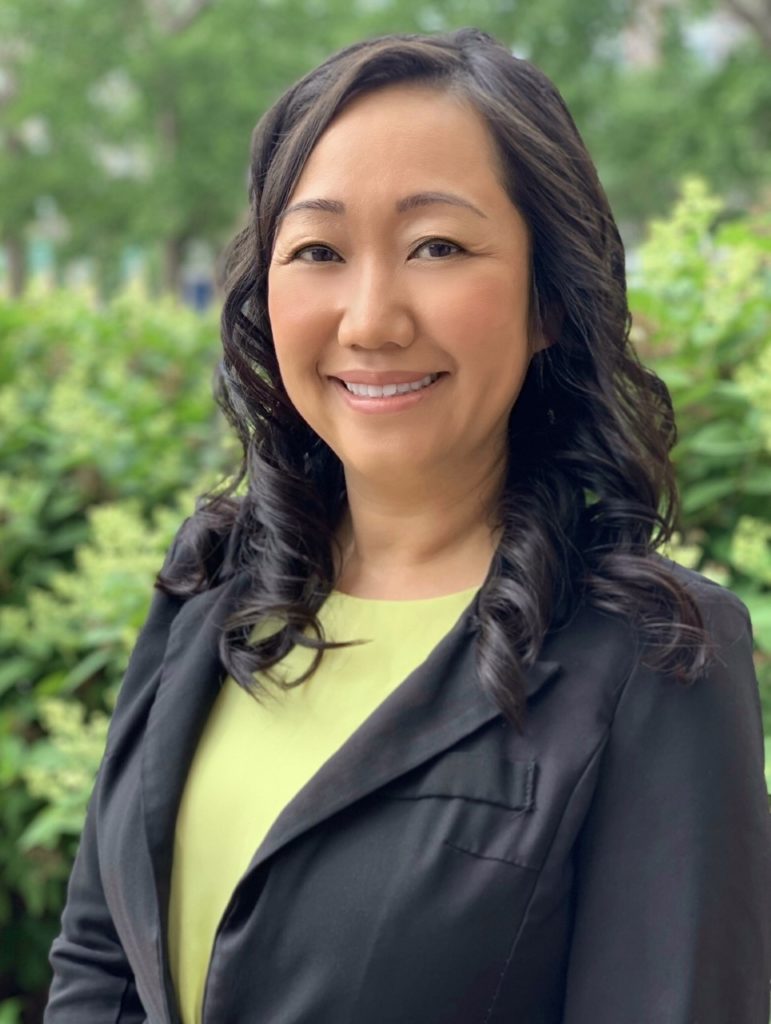
As we wrap up the month of May, we also wrap up Asian American Native Hawaiian Pacific Islander (AANHPI) Heritage Month. It’s a time to reflect on the contributions and achievements of a group of people – our neighbors, friends, coworkers, family – who Kha Yang, Associate Vice President for Inclusive Excellence in the Office for Diversity, Equity, and Inclusion (ODEI) at the University of St. Thomas, and others, say are often seen as the “invisible minority.” Yet, there is so much to applaud and many people to celebrate locally and nationally.
In speaking to St. Thomas Asian club students in April, she called out Asian American achievers such as Olympic gold medalist Suni Lee, Vice President Kamala Harris, Minnesota Judge Regina Chu, Ramsey County Chief Attorney John Choi – the first Korean-American chief prosecutor in the country – and Minnesota-based social justice activist KaYing Yang, whom President Joe Biden recently appointed to the President’s Advisory Commission on Asian Americans, Native Hawaiians, and Pacific Islanders.
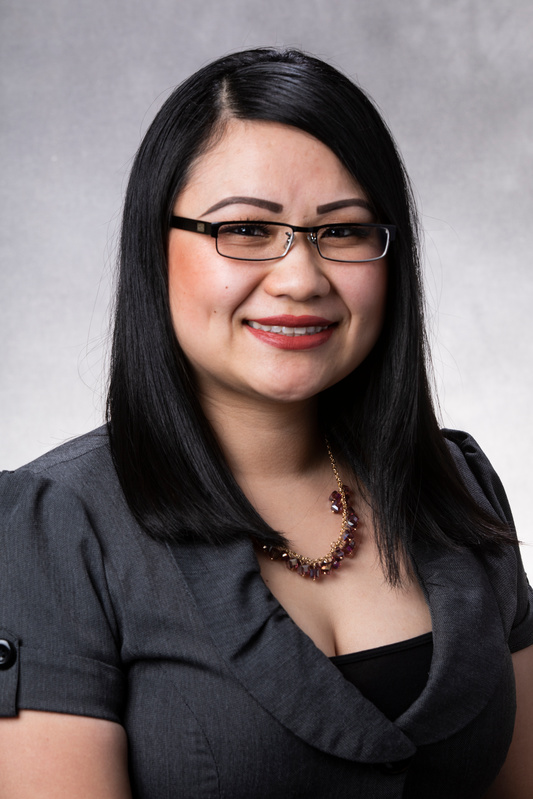
“KaYing Yang’s appointment is important to the Asian American community, especially the Southeast Asian ethnic groups such as Hmong, Cambodian, Lao, Karen, and Vietnamese,” said Nancy Xiong, an operations manager in the Dougherty Family College. “These ethnic groups represent 60% of Asians in Minnesota and they are often the invisible groups in aggregated data and policies. At DFC, we serve Hmong, Karen, and Vietnamese students. It is important for our scholars to see a Hmong woman from Minnesota be represented at this level of administration. It makes us feel visible, included, and inspired to dream big.”
Student Ruby Ho, president of the ASIA Club, agrees. She said these leaders "give hope and belief to the students, which motivates them to succeed in the future. As students, we do not have to fear that just because we are different we cannot succeed and make a positive impact on the world and community. These leaders really encourage us to do great and always try our best for our future and our future generations."
Kha Yang said it is important to celebrate the milestones of leaders.
“Growing up in the 80s,” she said, “I never saw anyone who looked like me on TV – or at least not portrayed in a positive light – nor reflected in the music industry or mainstream leadership. But today we can celebrate leaders, and elected officials and [the band] BTS – my 8-year-old and 10-year-old introduced me to BTS – their talents are loved by so many individuals around the world. They are putting out platinum albums year in and year out and they have this massive fanbase. I am focusing on this BTS phenomenon because growing up I didn't see people who looked like me being idolized. We have evolved so much as a society and there is so much to be proud of, but we must also recognize the work ahead for all narratives to be respected and valued.”
Yang, who has a master's degree from Harvard University, is the first Hmong American member on a St. Thomas president’s cabinet. A first-generation Hmong American and a former refugee from Laos with a commitment for social justice work, she brings more than 20 years of experience as a campaign organizer, human rights investigator, equal employment opportunity consultant, and inclusive program developer to her role.
Her leadership is one of the reasons Asian Students in America (ASIA) club at St. Thomas invited her to be its keynote speaker for ASIA Night held in April, said the club’s president.
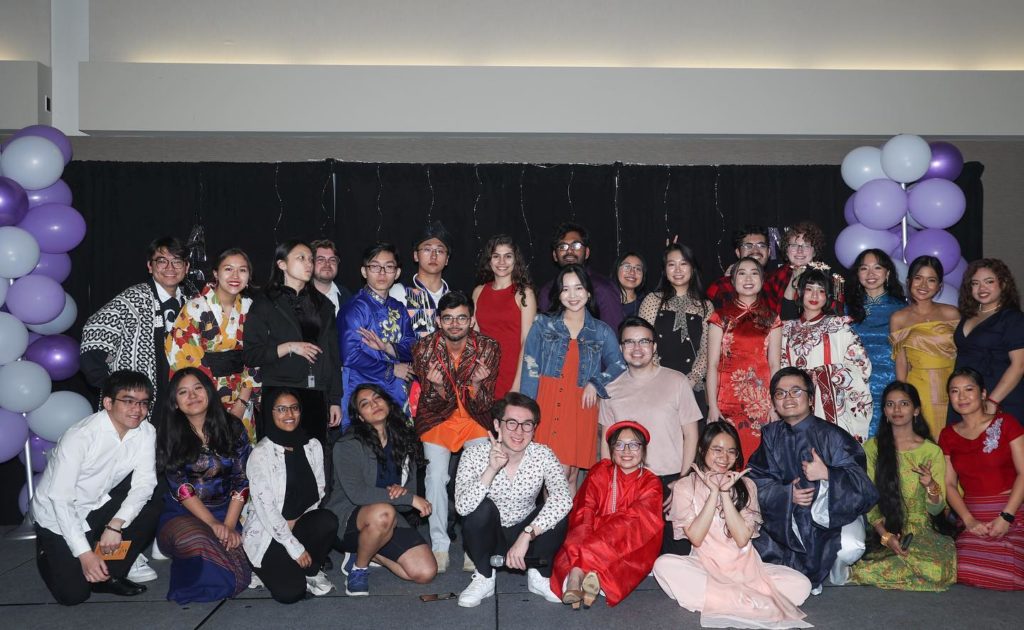
“I have heard a lot about her activities regarding her effort to make St. Thomas a more inclusive, safe community for students, which is important to me since I am an international student from Vietnam,” Ho said. “We also feel connected to her for our shared ethnicity. She is such an inspiration because she is also an immigrant who went through and would understand the hardship of the Asian community. She understands her background and her strengths, which makes her a great representation of success for our members, especially Asian students.”
Yang, who is also now an American citizen, said, “I felt that for most of my life I walked in the world seeing people, but often people didn't see me. In my Hmong culture, I was too American and in American culture, I wasn’t American enough.”
She faced both discrimination in her life, and words of encouragement. “I have heard growing up that ‘you are different,’ ‘you don’t belong,’ ‘go back to your country.’ I have also heard phrases like ‘know your roots,’ ‘respect the elders,’ ‘do not bring shame on your family.’”
Her life experiences helped shape her career, which has been spent dismantling racism, fighting systems of oppression, investigating harassment and discrimination. Her work is committed to creating an equitable society where all can have the opportunity to reach their highest potentials.
She told the group of students at ASIA night: “I also want to reflect upon this increase in anti-hate in society. This has done so much damage to all of us on so many levels. We are the invisible minority and people don’t see our stories. We have a lot of work to do. And we must have hope for a better tomorrow.”
As for ASIA, Ho says, “We, as ASIA Club, thrive to create a welcoming and safe place for our students, especially Asian students. ASIA has been growing and will continue growing to accompany the Asian community at St. Thomas. We believe and hope that we have been doing a good job bringing joy, our culture, and diversity to the campus. We would love to thank all our members who support us and consider us their friends. We are happy to know that our students come to us for their recreation and comfort after some stressful days. We really hope that we could continue this good representation and continue being the resources and support for the students.”
To learn more about how best to support the Asian American community, see the anti-racism resources page from the St. Thomas libraries.
